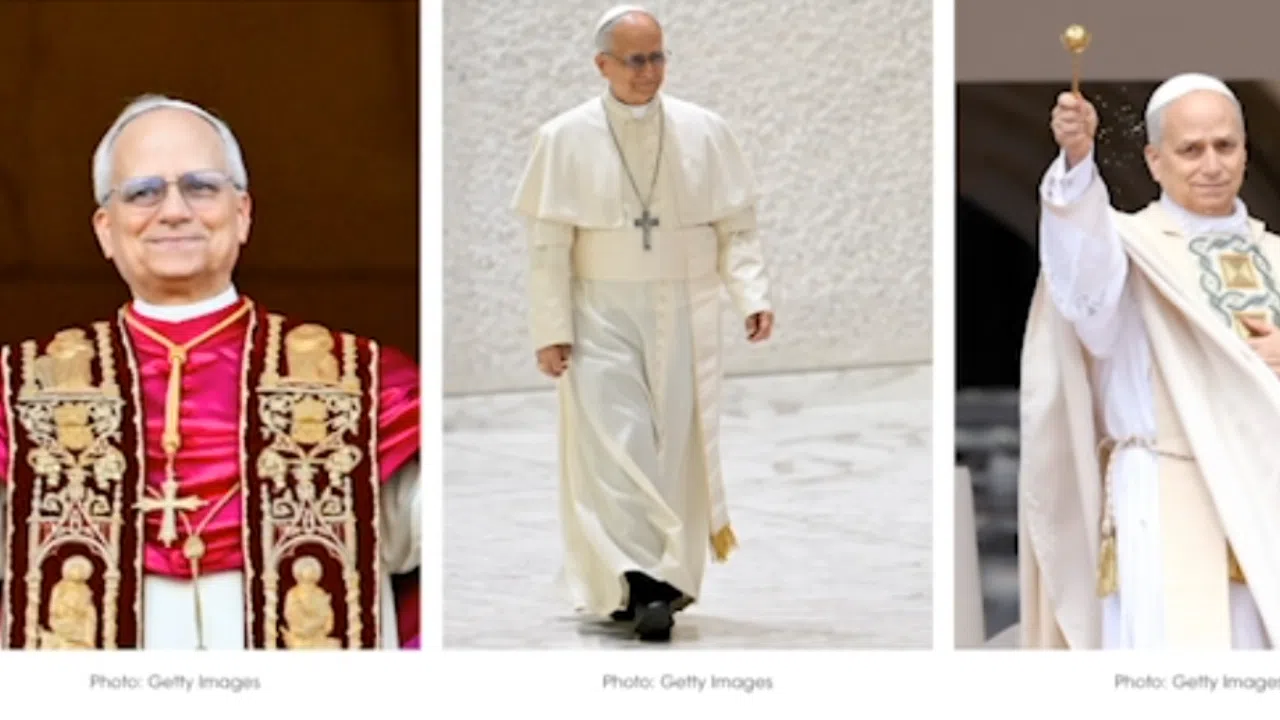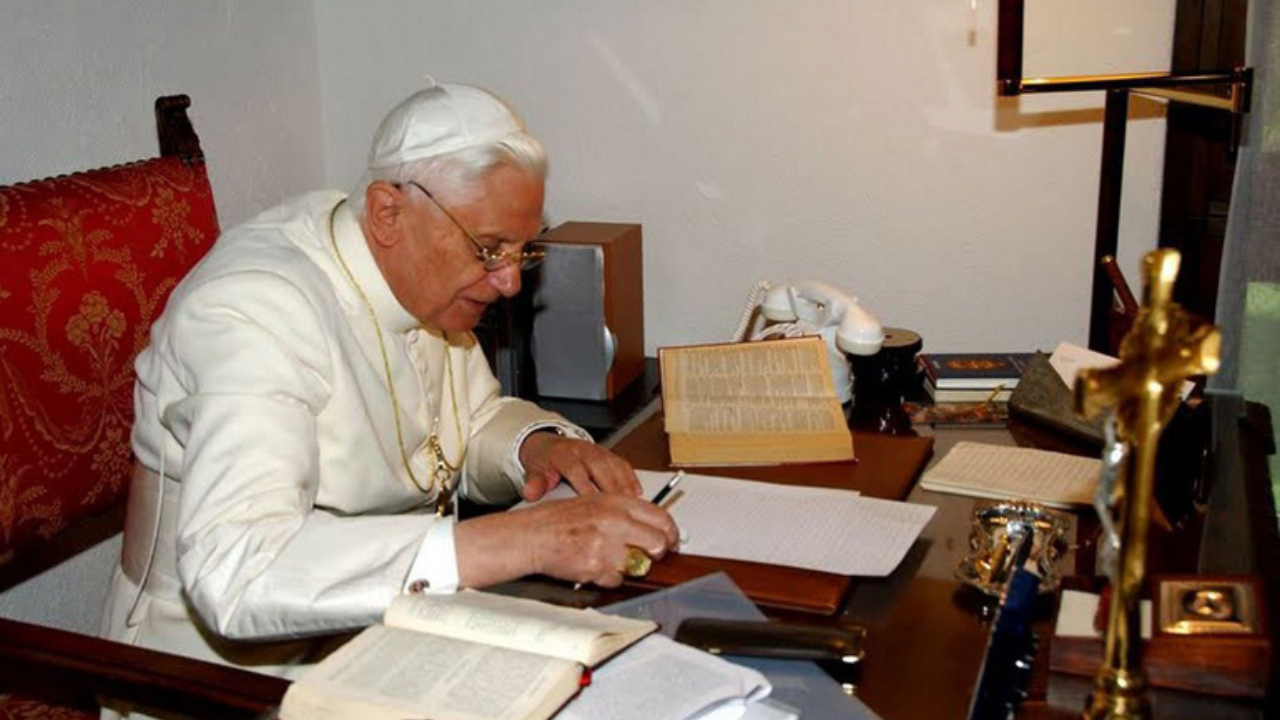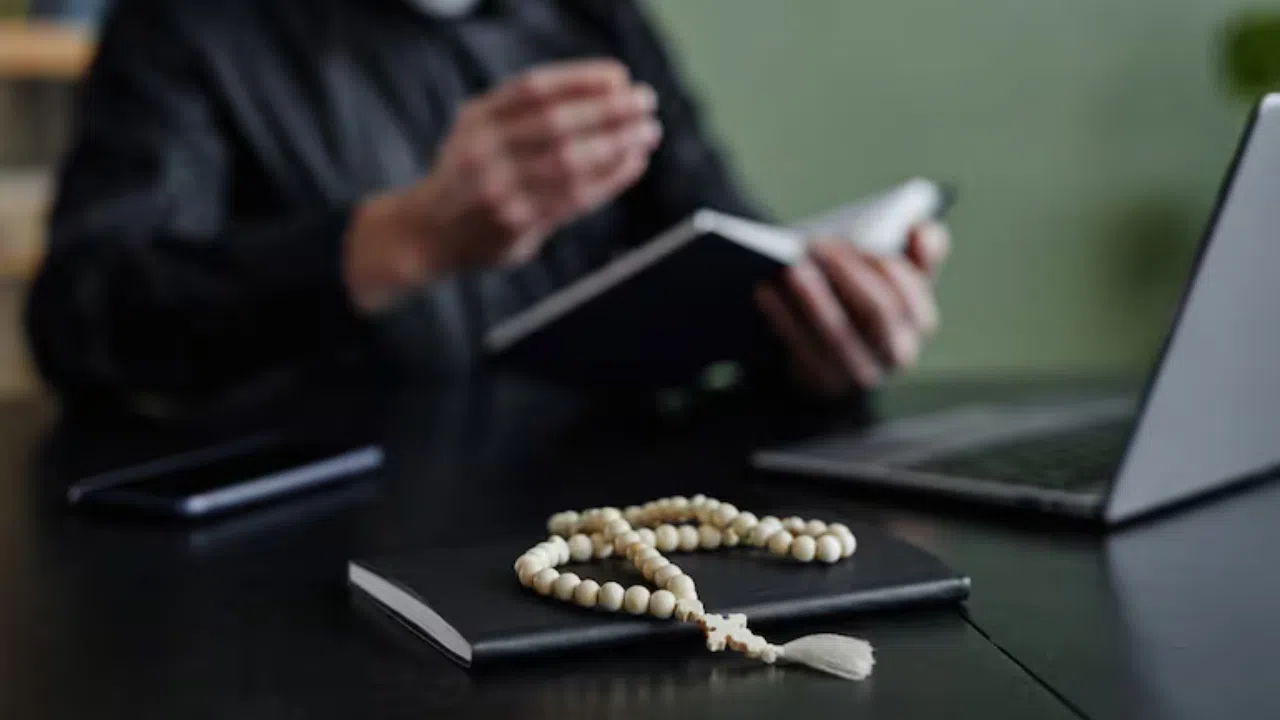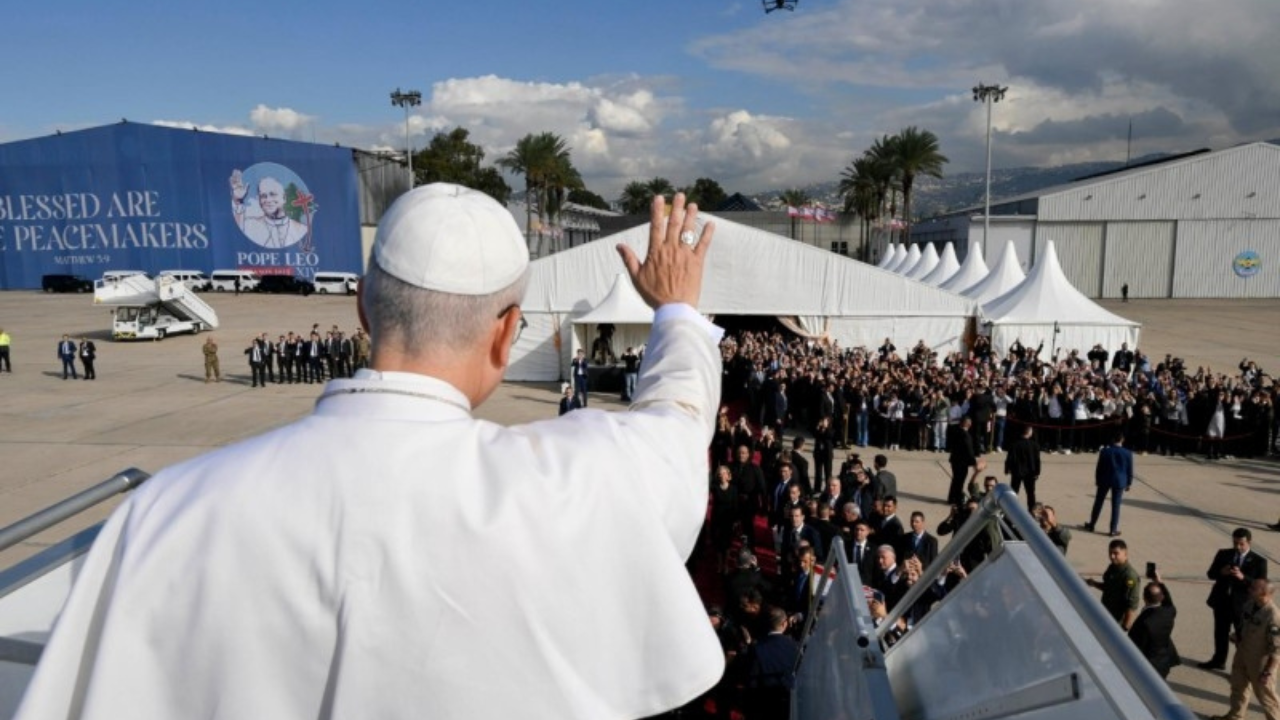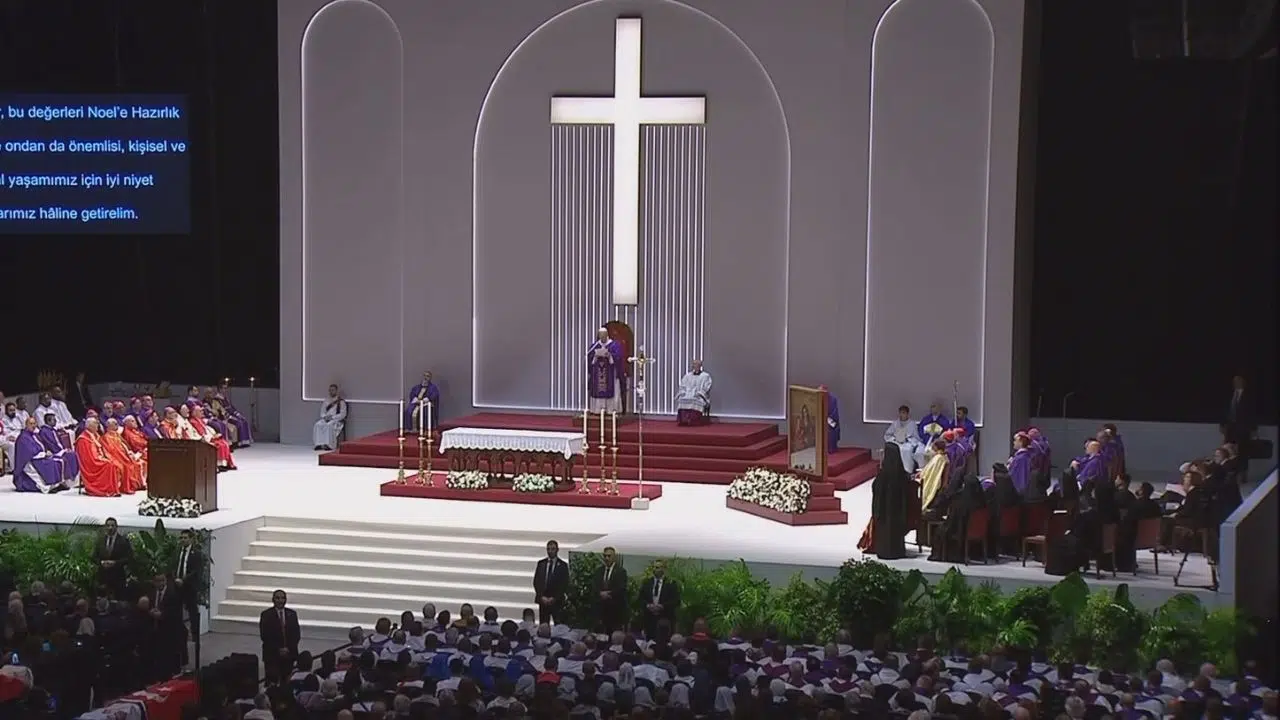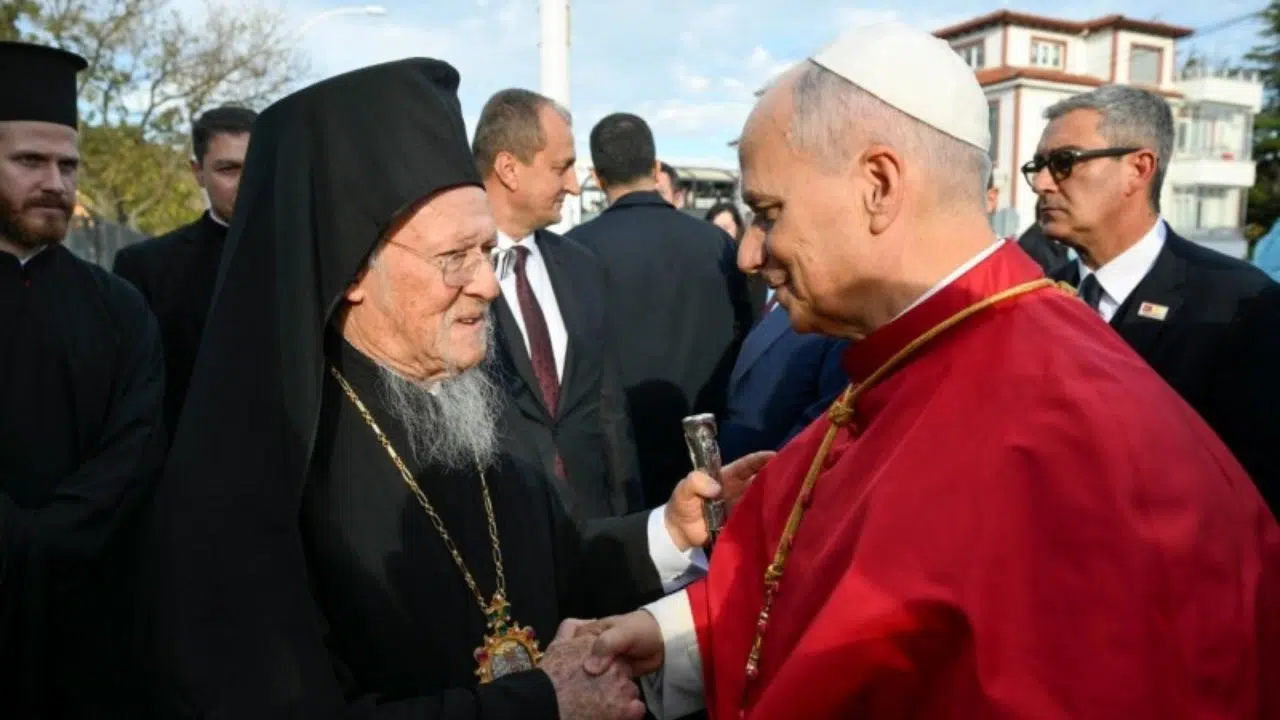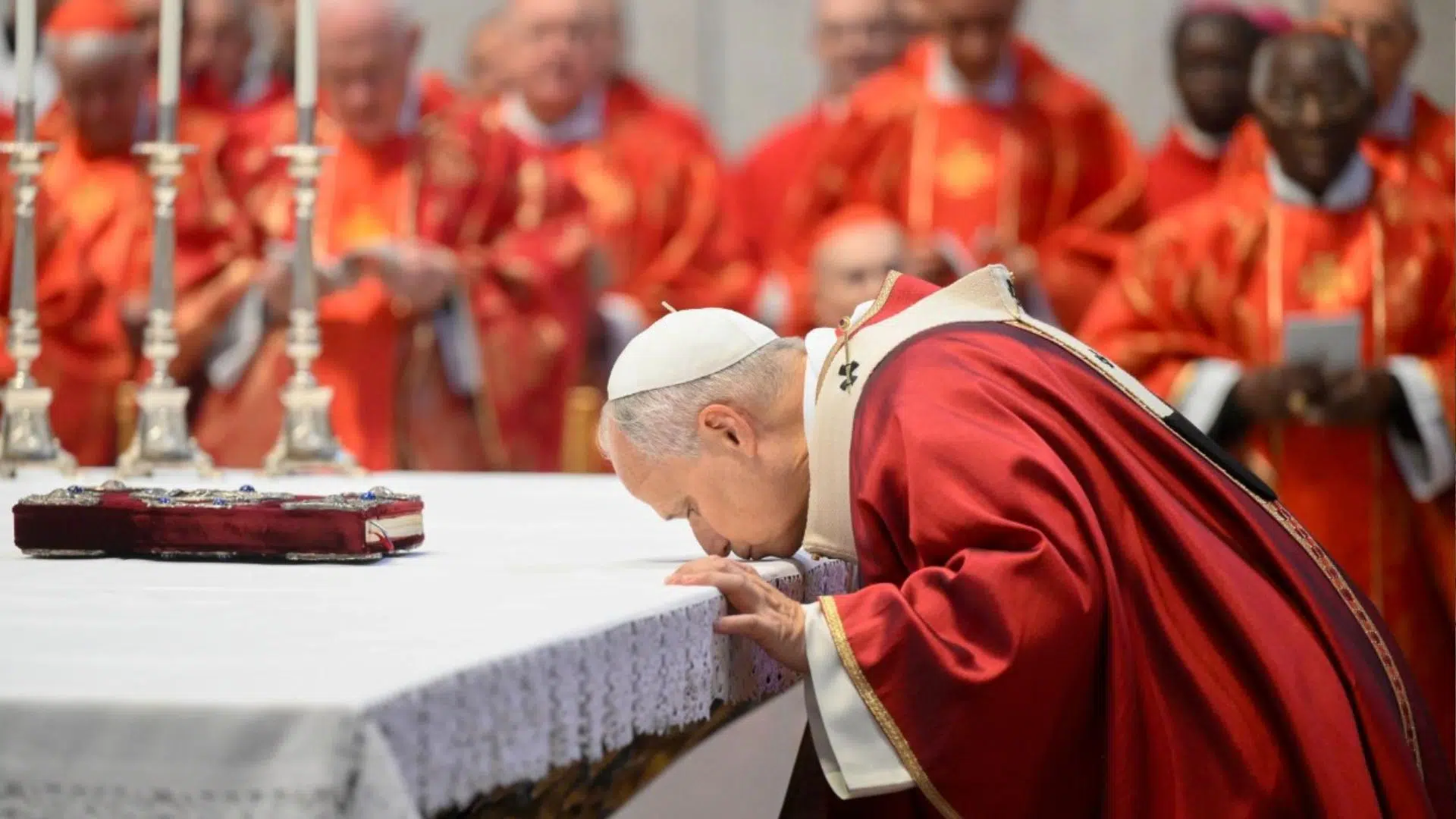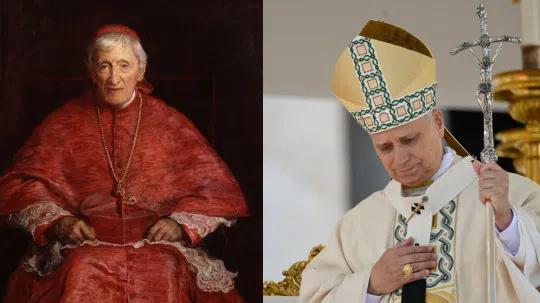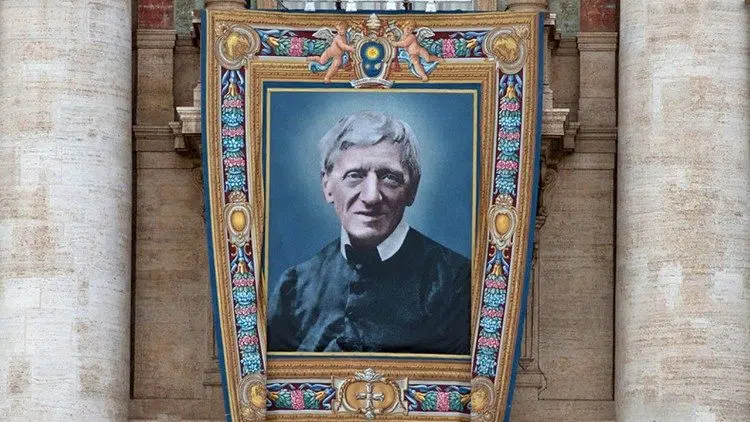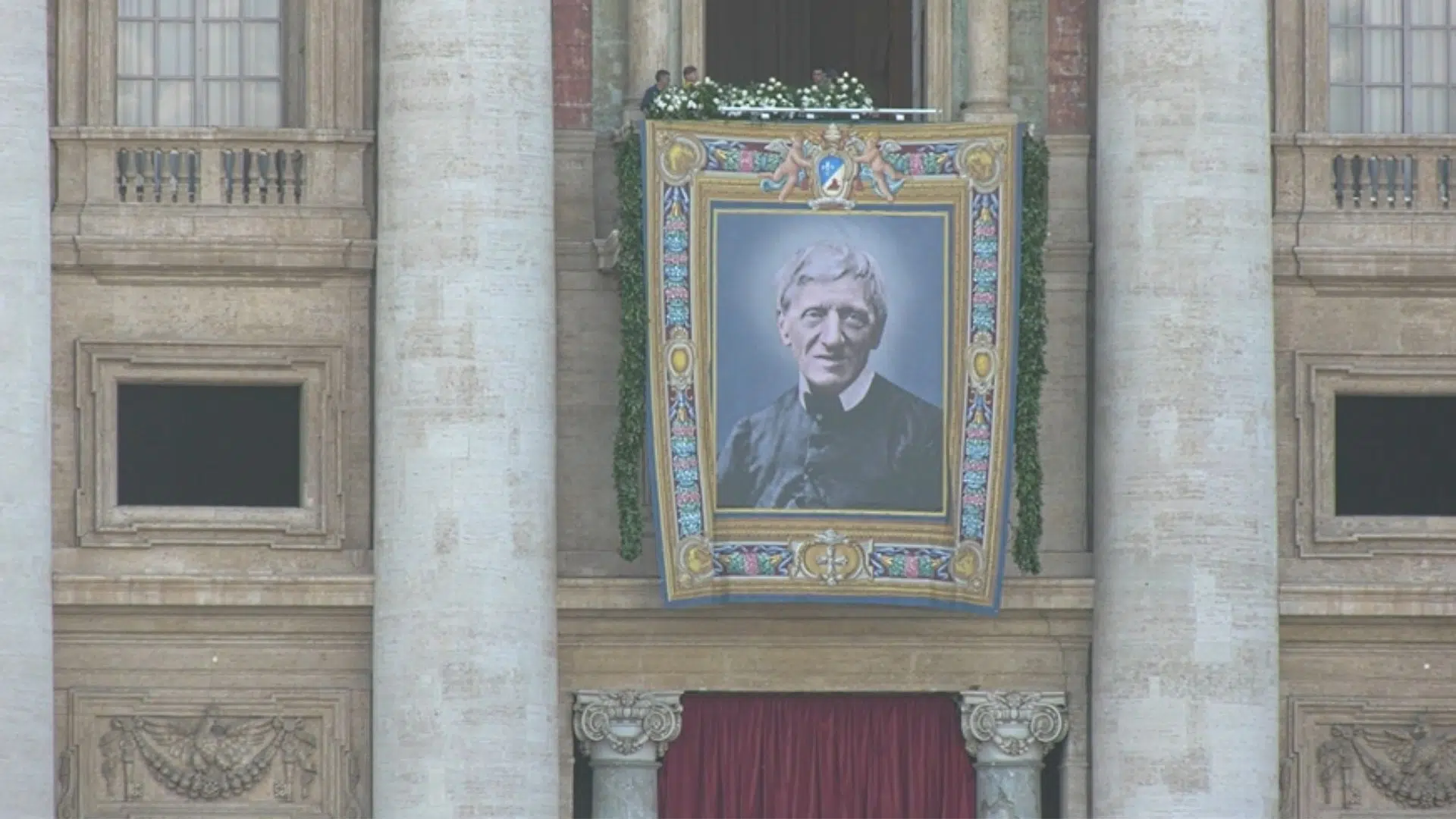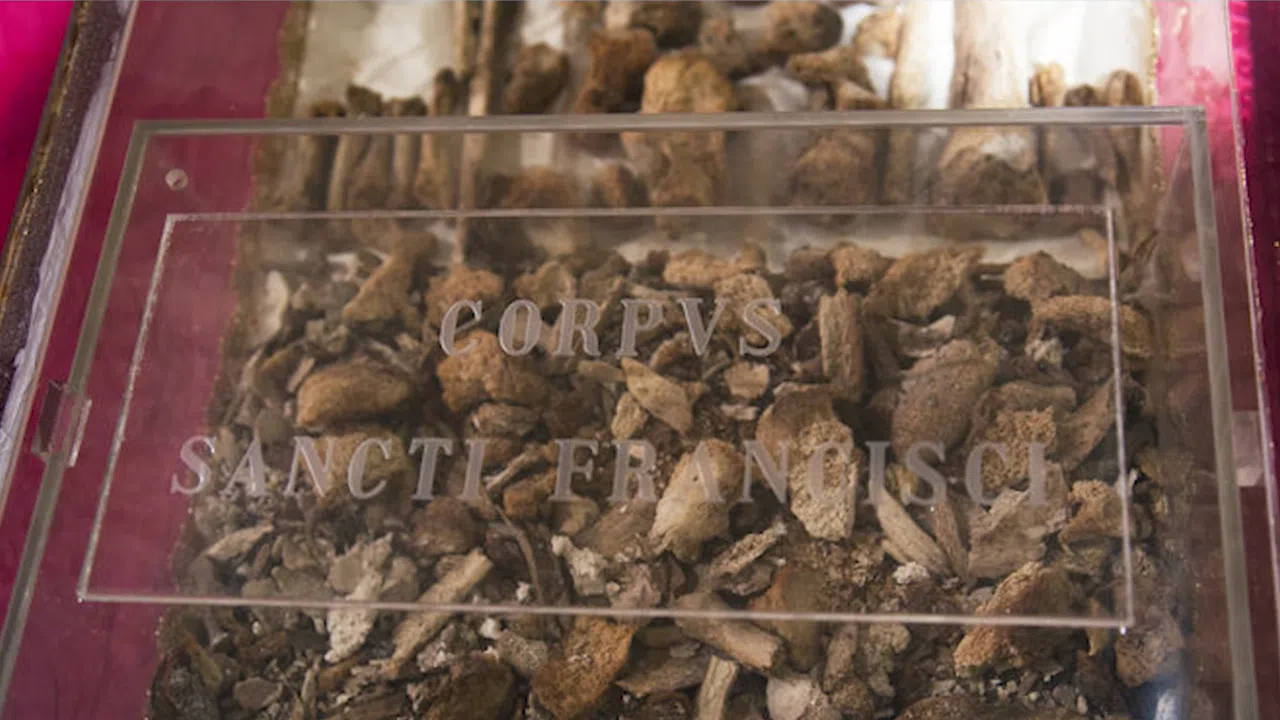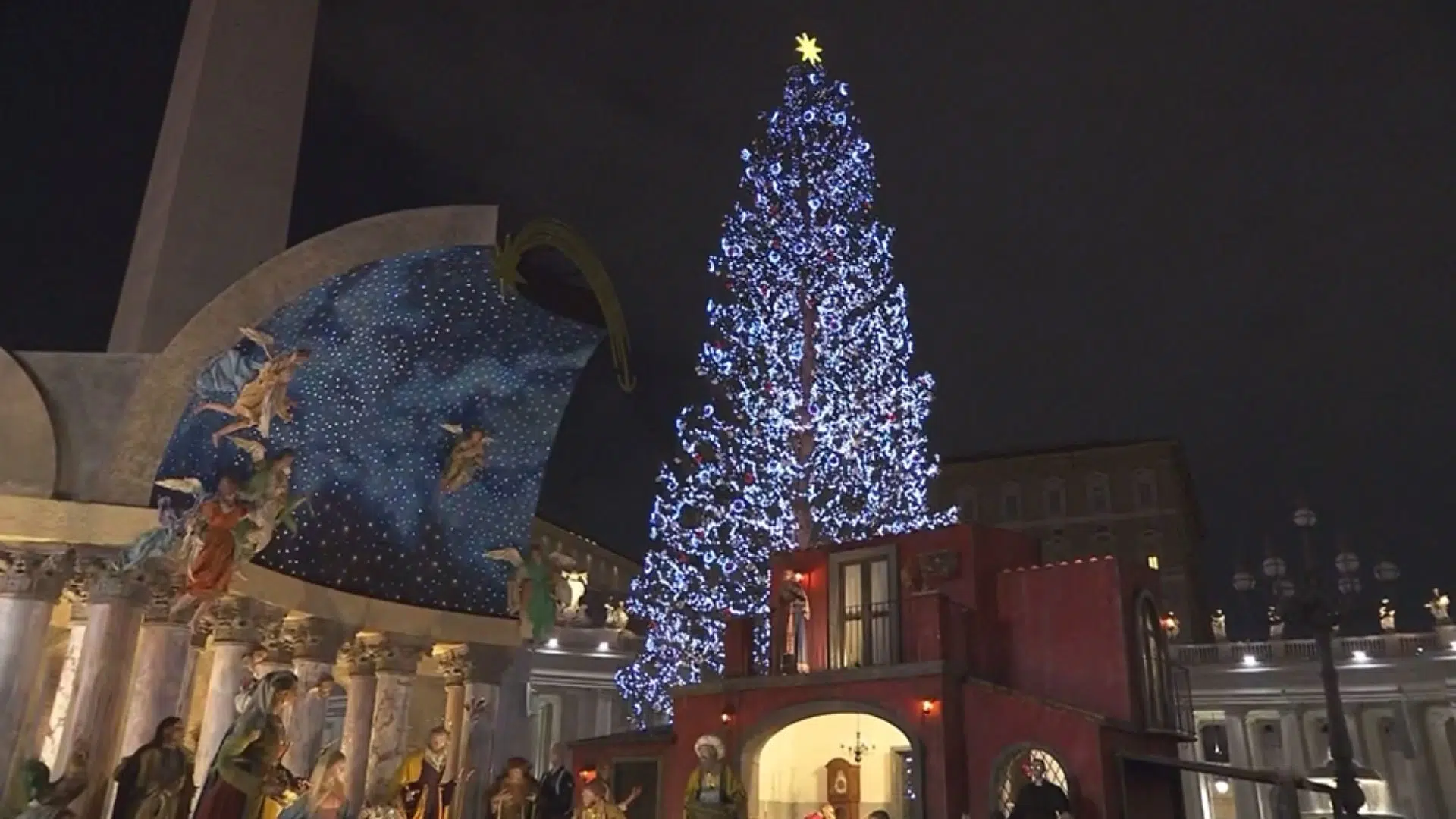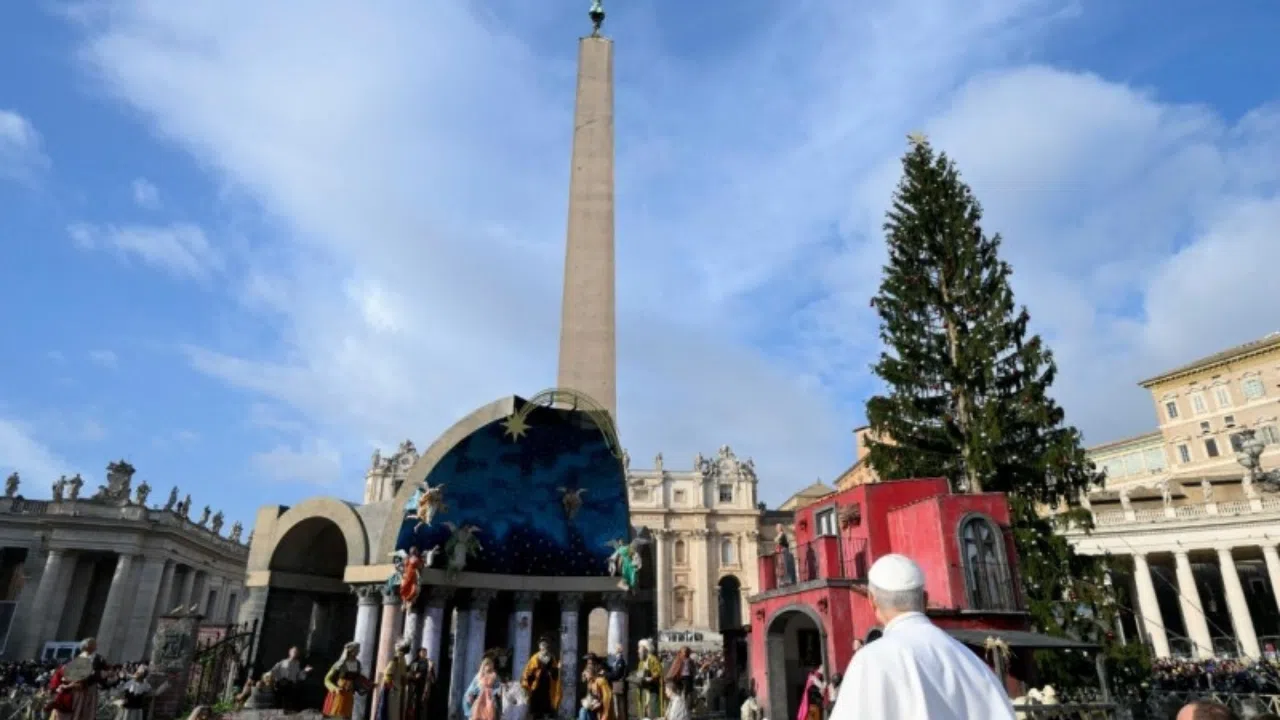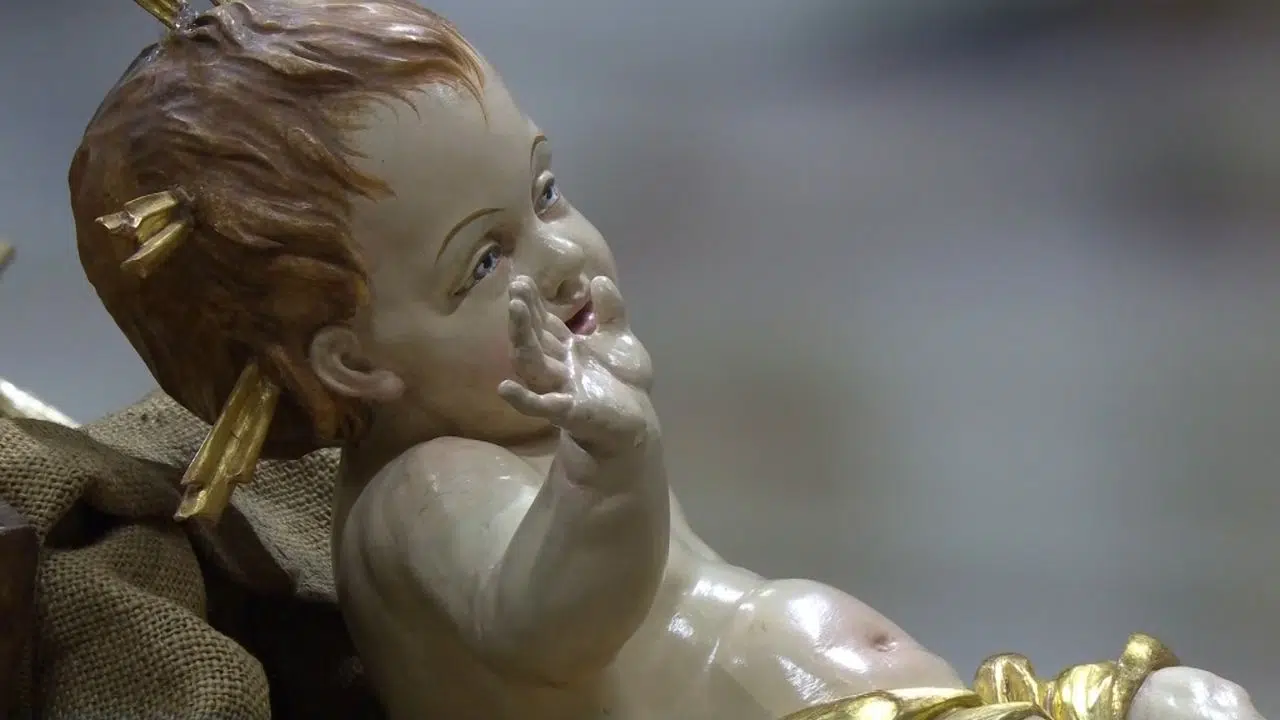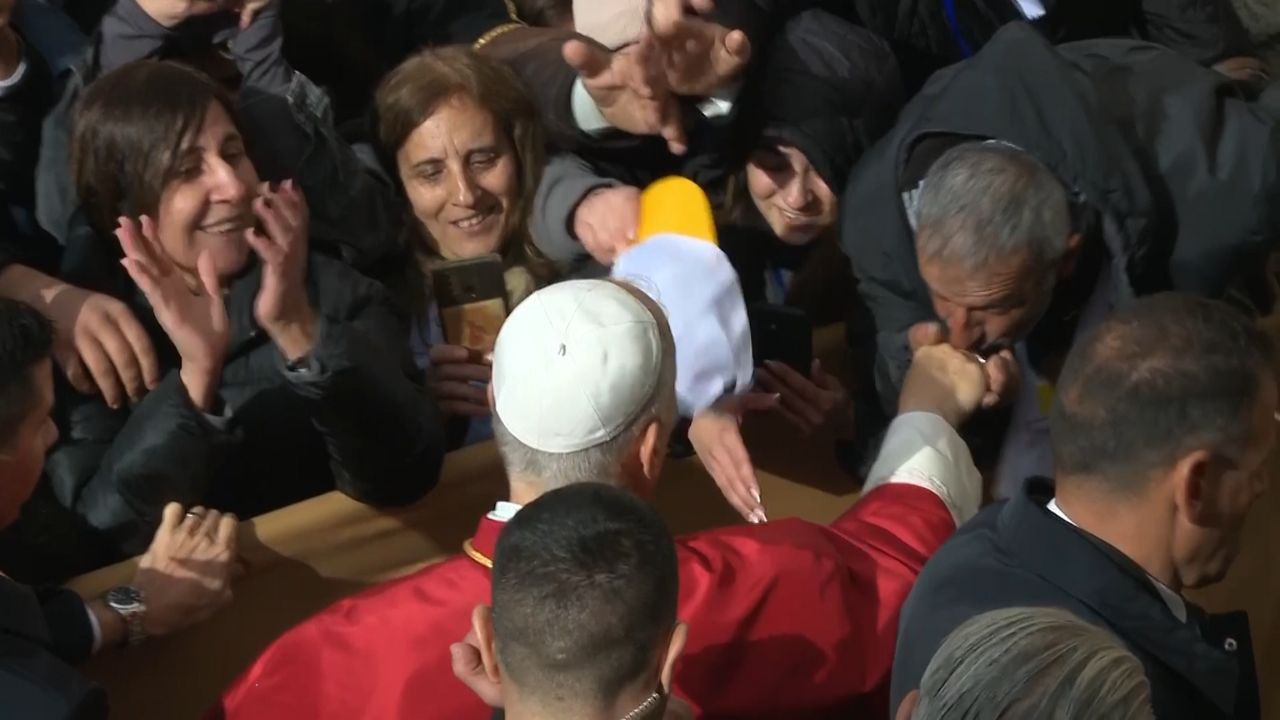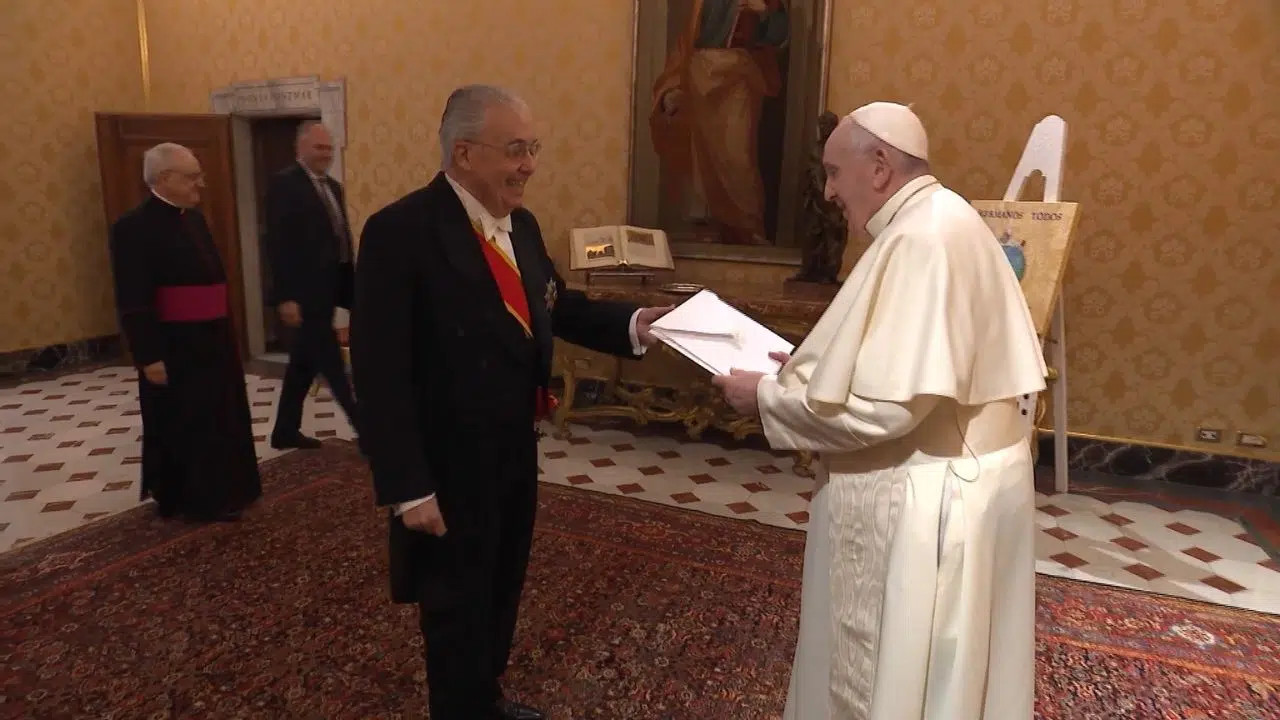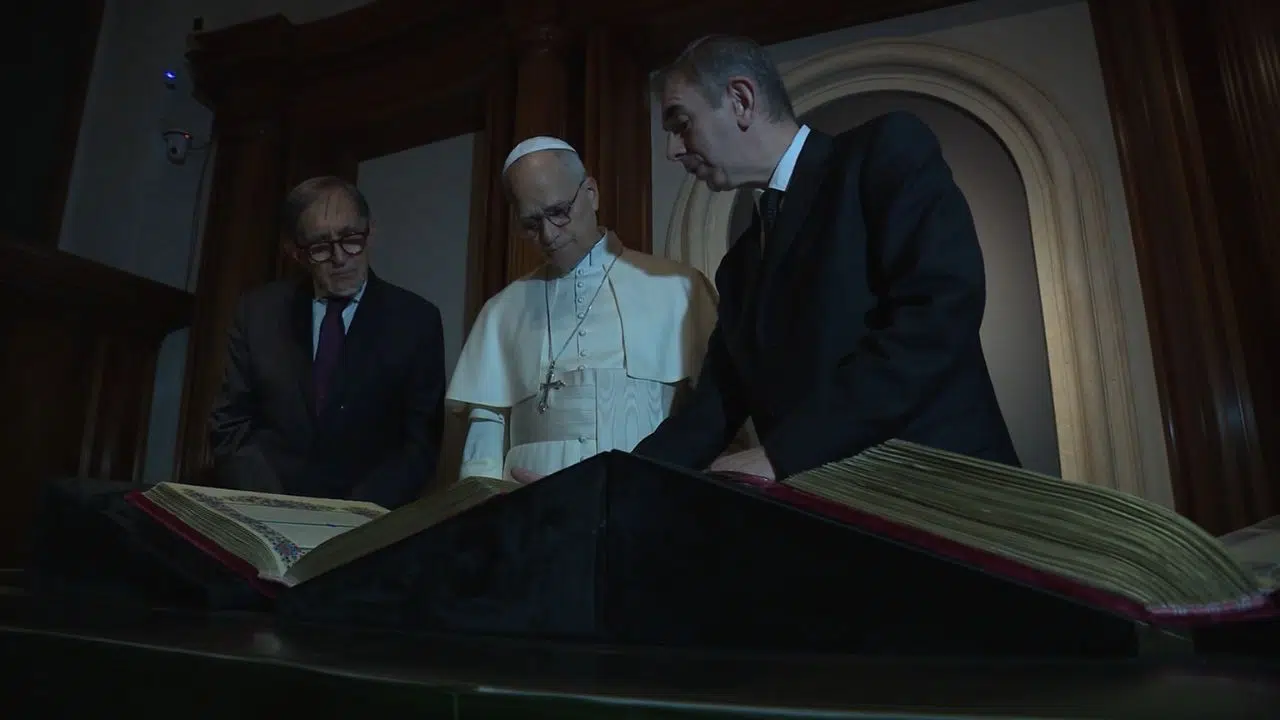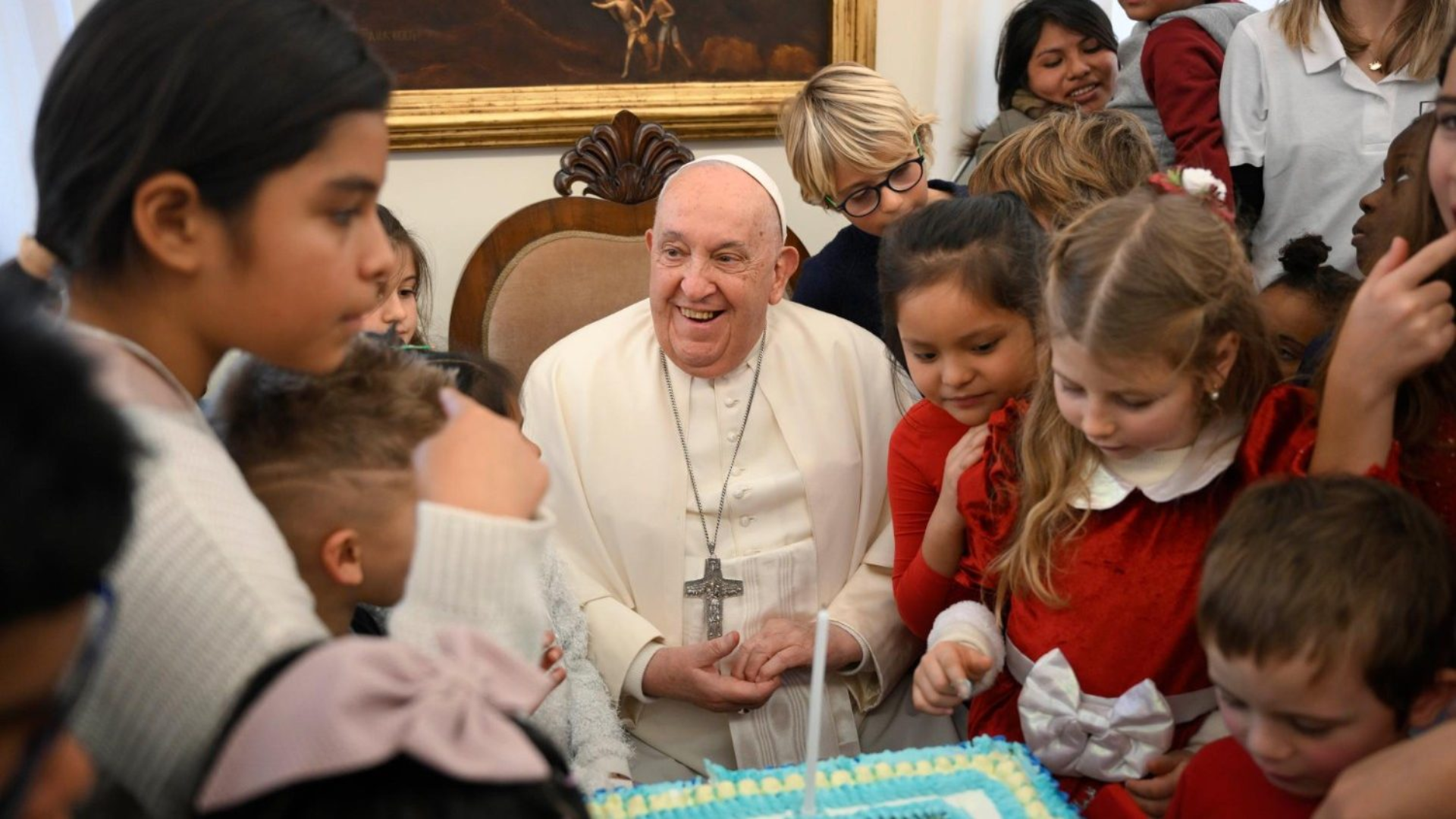The Pope Francis we first saw on the balcony of St. Peter's Basilica ten years ago is not the same Pope we see today. He's changed. But so have we. And so has the world around us.
Technology has made us more connected than ever. The Black Lives Matter and MeToo Movements have made us more sensitive to the issues of abuse, diversity and inclusivity.
The novelty of a Pope living in a simple guest-house, or driving around in a small car, wore off a long time ago. Today we almost take for granted that the next country he visits will be one we probably can't pin-point on the map. And that, when he's there, he'll spend a lot of time talking to refugees, interacting with the sick, engaging with other religious leaders, and encouraging us to take better care of the environment.
That's because our memory often tends to be short-term and selective. We forget that's not always where popes have gone, what they've talked about, or how they've behaved.
The fact Pope Francis chooses to travel to countries that are outside the current news cycle, obliges us to pay attention to situations we might otherwise be unaware of, or simply ignore.
By making a high-risk visit to Iraq in 2021, Pope Francis did exactly that. His most recent trip to South Sudan and the Democratic Republic of Congo had a similar effect. Among other things, it reminded us that Africa is where the Church is growing the fastest and with the greatest energy and vitality.
Pope Francis has shown his predilection for the peripheries of the world by creating cardinals that come from what some would consider the ends of the earth – Tonga, Mongolia, Lesotho – ensuring that the Catholic Church is more universal than ever.
Back home in the Vatican, he's made major inroads into changing attitudes and setting up procedures that have changed our ideas about the distrubution of power, the management of money, and what we need to do to combat sexual abuse in the Church.
He has set the tone when it comes to giving women a greater and higher-profile role in Church government by appointing several to important executive positions in the Vatican. Currently one in four Vatican employees is a woman, and the Pope has expressed his openness to placing a woman, lay or religious, at the head of a Vatican Dicastery.
The Vatican Bank was at the center of controversy long before Francis became Pope. Over the past 10 years he has promoted a series of initiatives, including the creation of a Secretariat for the Economy, aimed at guaranteeing transparency in all of the Vatican's financial transactions. In the wake of a recent real estate scandal, a special committee was established with the task of overseeing the ethics of Vatican investments.
Combating the scourge of sexual abuse in the Church has been a priority for Pope Francis since the start of his pontificate. From meeting with victims and survivors of abuse, to promulgating stricter protocols and issuing tighter regulations at all levels. In 2019 he summoned the leaders of all the world's bishops conferences to an unprecedented summit in the Vatican with the express purpose of increasing awareness and demanding accountability for the actions of those who abuse minors and vulnerable persons.
Most recently, it is the word “synodality” that most characterizes the actions and choices of Pope Francis. Synodality comes with both opportunities and risks, as Germany's “Synodal Path” has shown – with its call for radical changes to the Church's moral teaching.
But for Pope Francis, synodality is not about ideology. It involves listening to local churches, and to each other, in a process of collaboration and discernment. He himself describes synodality as trying to understand “what God expects of the Church in the 21st century”.
Perhaps the greatest changes are yet to come.
